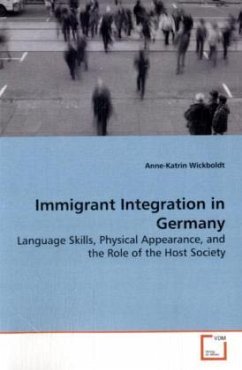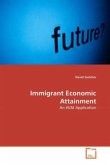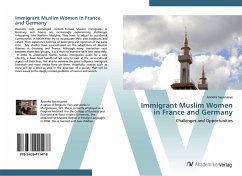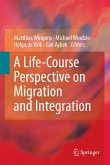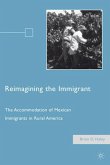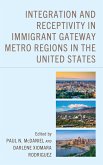How to achieve favorable integration outcomes has
become a pressing and contentious issue in Germany.
Some see cultural distance as the main impediment to
integration. The more immigrants culture and value
systems differ from those of the host society, they
contend, the more immigrants stay in their own
communities and opt to forego host society
interaction crucial for integration success.
Acquiring the language and cultural skills to engage
in such interaction is thus seen as a critical first
step to facilitate integration. This book challenges
this view. Drawing on conceptual frameworks of
seminal theoretical literature in the United States
and Germany, the author uses quantitative and
qualitative research methods to show that the
majority of second generation immigrants in Germany
already speak the language well, and are highly
integrated. To gauge the role of the host society in
the process, the author also tests immigrants
physical appearance as a predictor of economic
integration, in which immigrants still lag behind.
The book will be of interest to scholars and policy
makers in the field, as well as the educated general
reader interested in the subject matter.
become a pressing and contentious issue in Germany.
Some see cultural distance as the main impediment to
integration. The more immigrants culture and value
systems differ from those of the host society, they
contend, the more immigrants stay in their own
communities and opt to forego host society
interaction crucial for integration success.
Acquiring the language and cultural skills to engage
in such interaction is thus seen as a critical first
step to facilitate integration. This book challenges
this view. Drawing on conceptual frameworks of
seminal theoretical literature in the United States
and Germany, the author uses quantitative and
qualitative research methods to show that the
majority of second generation immigrants in Germany
already speak the language well, and are highly
integrated. To gauge the role of the host society in
the process, the author also tests immigrants
physical appearance as a predictor of economic
integration, in which immigrants still lag behind.
The book will be of interest to scholars and policy
makers in the field, as well as the educated general
reader interested in the subject matter.

